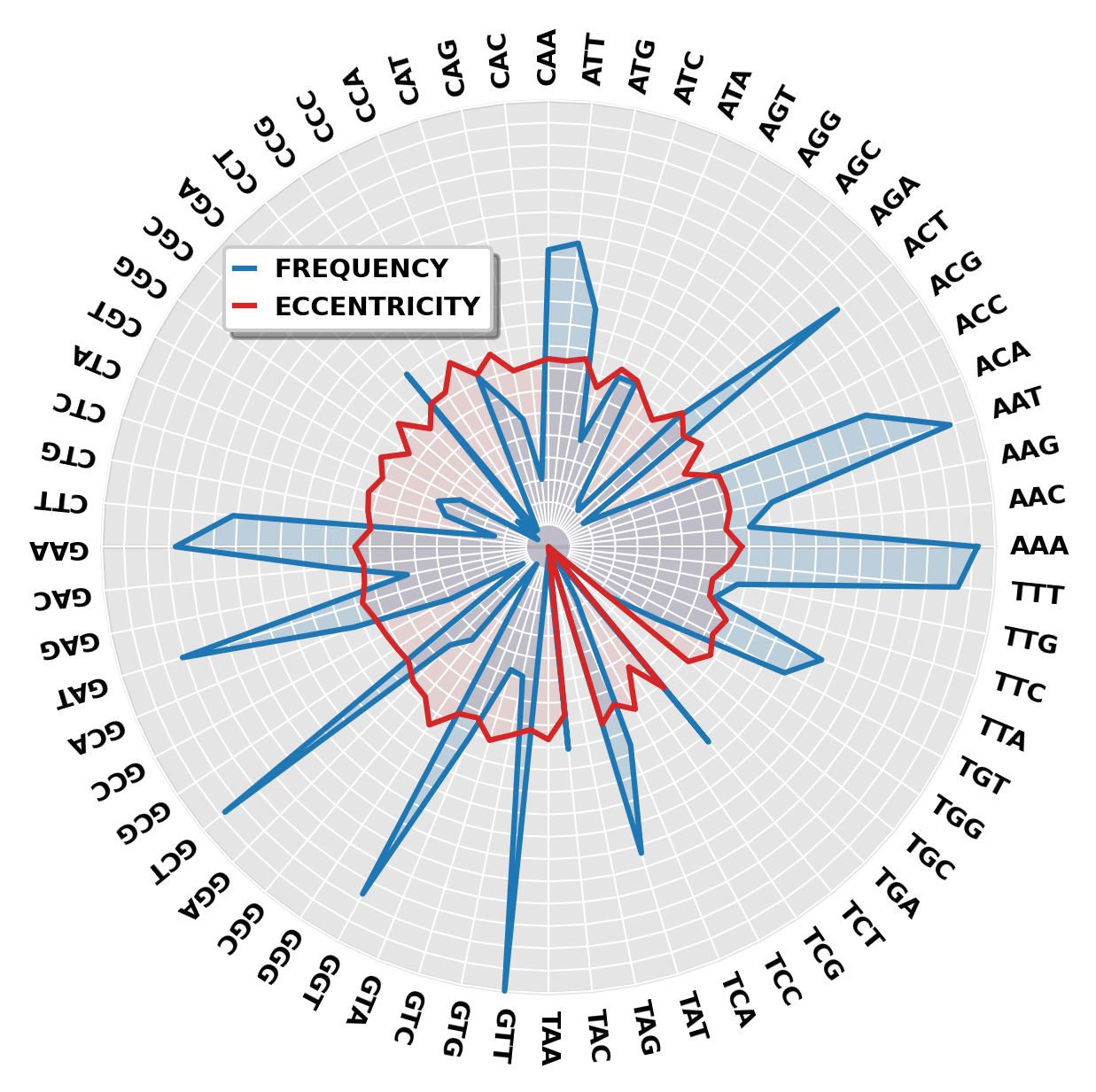A team of applied mathematicians at the University of Waterloo have developed a new method that uses artificial intelligence to foresee the most likely mutations of pathogens like SARS-COV-2, the virus that causes COVID-19.
The new research has implications for the rapid development of vaccines, treatments and diagnostic tests that would be much less likely to be impacted by new or emerging variants of concern.
The team is comprised of a group of professors from the Department of Applied Mathematics, including Mohammad Kohandel, Amirhossein Darooneh and Michelle Przedborski.
Kohandel, who is head of the Mathematical Medicine Laboratory, helped pioneer the research in the context of the ongoing pandemic.
“With a highly infectious pathogen like SARS-COV-2, we want to have a method for extracting the mutational information as quickly as possible,” Kohandel said. “Variants are a huge problem because we don’t know whether the diagnostic tests that are available are going to work or whether the treatments or vaccines will be effective in the long run.”

The image shows the eccentricity (spatial distribution) and the frequency of codons in SARS-COv2 genomic sequences
The team initially focused on using a single ancestral sequence to identify the parts of the viral genome that are not significantly affected by mutations. These are the so-called “conserved” part of the virus. Identifying the conserved parts of a pathogen is valuable because even if there are mutations, it will not impact the efficacy of vaccines, treatments or tests that work by targeting those stable pieces.
After identifying the conserved parts, the team trained an AI to anticipate the mutations that would occur in a pathogen. The machine learning program assessed millions of genomic sequences as part of its training process. The AI was then tested on the genomic sequence of the original strain of coronavirus.
Based on its analysis of the original virus, the AI predicted and identified the variants that came to be known as alpha, beta, gamma, delta and other variants of concern as most likely mutable regions of the genome. Had this information been available at the early stages of the pandemic and when vaccines were first being developed, it could have led to more effective tests and vaccines that were much more resilient against current variants.
Read more on the research in the Waterloo News article.